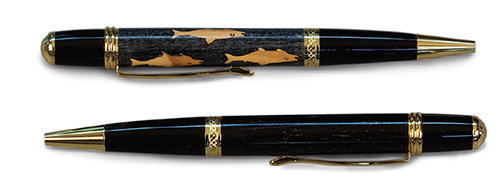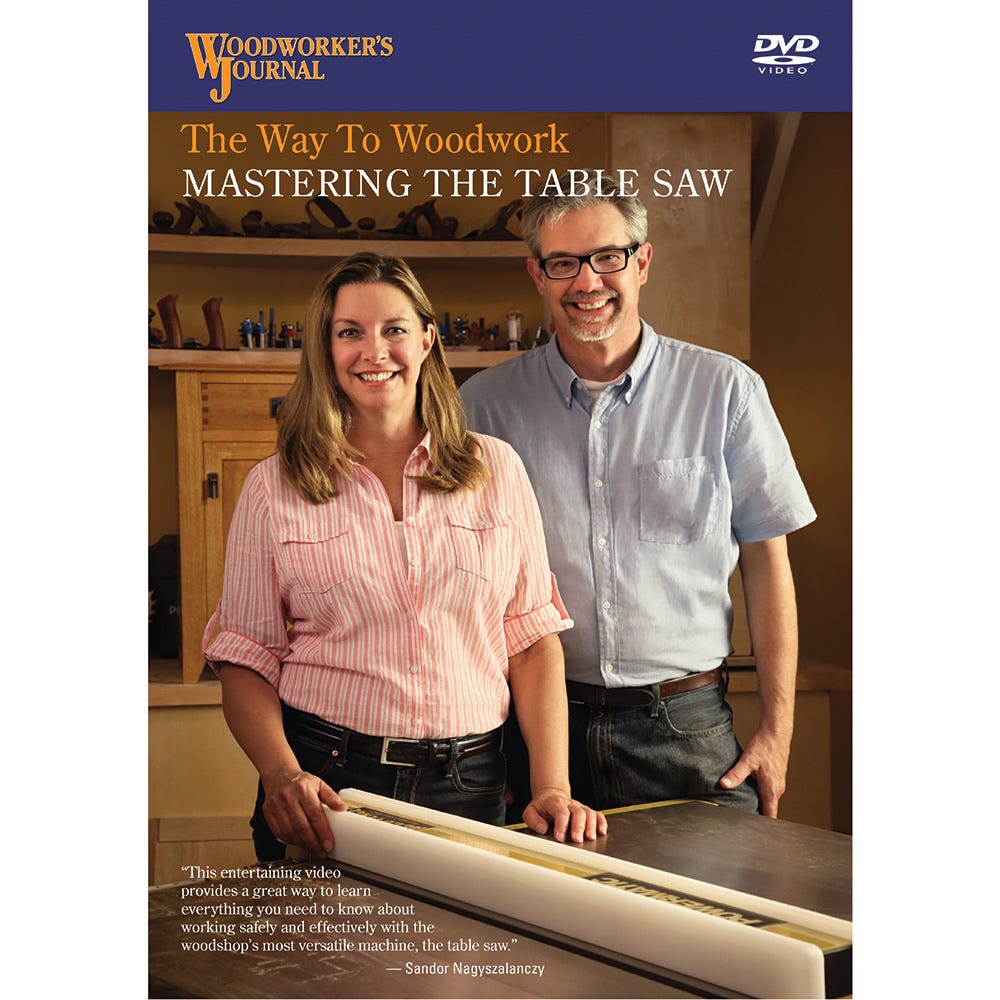
This reader has been turning ebony for knobs and the knobs keep splitting a couple of days later. What’s going on and how can he prevent it?
Michael Dresdner: Ebony splits – it’s a fact of life, and guitarmakers, who’ve long used ebony for fingerboards, know it. Having the wood properly dried helps, but does not prevent it entirely. “Potting” the wood with cyanoacrylate also helps, but also won’t prevent it. For what it is worth, I have found that macassar ebony is substantially more stable than Gabon ebony, but the sad bottom line is that with ebony, it is always somewhat of a crapshoot. Granadilla, often called African blackwood, also looks about the same and is considerably more stable.
Rob Johnstone: His wood is not sufficiently dry or acclimatized to his shop’s relative humidity. What happens, as he turns knobs, is that he exposes the inner (moister) wood fibers of the ebony’s interior, which then dry out and shrink. A round wooden object will shrink across one axis of the piece, causing it to distort or crack. So, the solution is to get drier wood one way or another:, either by just waiting, or by accelerating the drying process. Another practical option is to remove a bit of the wood, set it aside for a while to let moisture content equalize, then do a bit more machining … and repeat.
Ian Kirby: Ebony is slow to dry. I suspect that removing the outer layers of dryer tissue and exposing the inner stuff to a fast drying atmosphere caused the checking.






